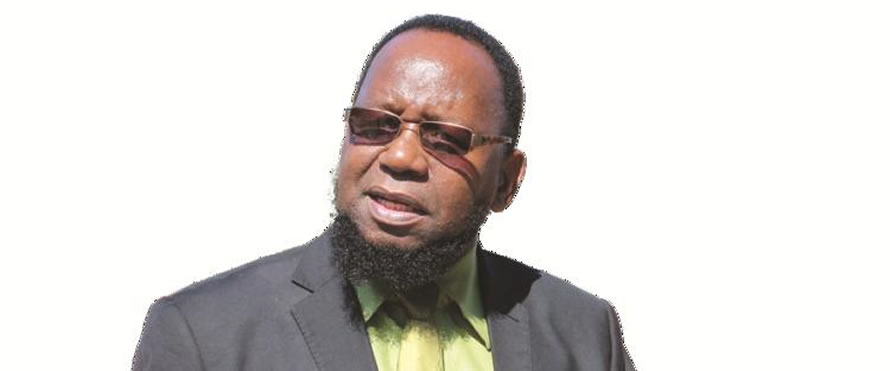
The Sunday News

Richard Muponde Sunday News Correspondent—
THE Civil Service Commission has reportedly transferred dozens of teachers from Bulawayo to rural areas after an audit revealed that most schools in the city were overstaffed as a number of teachers had fewer teaching periods. The development has sent jitters among educators, among them heads and their deputies who had allocated themselves fewer periods or in some cases were not teaching at all.
According to the Government’s Authorised Teacher Establishment, teacher to pupils ratio is supposed to be 1:33 for Forms One and Two, 1: 30 for Forms Three and Four and 1:20 for Lower and Upper Sixth forms.
Teachers are supposed to have 32 periods per week, senior teachers 24 and heads of departments 28. Headmasters are also expected to teach five periods per week while their deputies teach 12 periods.
But Sunday News understands that during an audit by the commission carried out in August which was seeking to unearth ghost workers in the public service, it was discovered that a number of schools mostly in urban centres were “overstaffed” with a majority of teachers especially seniors not conducting the required minimum lessons. While some seniors had given themselves fewer periods, it has since come to the attention of authorities that there are teachers who are “overloaded” with some having as many as 36 periods per week.
Although officials in the commission and education in Bulawayo were reluctant to divulge information on the number of affected teachers, Primary and Secondary Education Minister Dr Lazarus Dokora confirmed the exercise but said he did not have details of the effected teachers at hand.
“The transfers are being done by the Civil Service Commission. They are the ones who have been seized with the matter,” said Dr Dokora. Investigations revealed that at Msiteli High School in Mpopoma, Bulawayo, eight teachers were this term transferred through the exercise. Some of the teachers that were affected by the exercise at Msiteli were found to have been wrongly deployed as some of them were trained to teach at primary school. Teachers at other schools both at secondary and primary also confirmed that they have been appraised of the exercise.
“We were told the commission is in the process of transferring teachers deemed excess at schools so we have been told to prepare to receive letters,” said a teacher at a local school who could not be named for professional reasons.
Some of the teachers said senior teachers were now trying to gatecrash into classes to create situations where juniors will be affected by the transfers. “Some of the senior teachers now want to teach subjects which we were teaching all along fearing that they will be affected. They want headmasters to recommend the transfer of junior teachers who have been doing the work all along while they used to spend the day seated,” another teacher said.
Although the April audit was meant to weed out ghost workers in the Civil service, the issue of overstaffing came out strongly especially in the education sector. According to the audit report there were 170 primary schools in the country that had deputy headmasters when they were not supposed to have them and this was costing Government $1 170 000 annually. Circular number 15 of 2006 stipulates that a primary school with an enrolment of less than 281 pupils cannot have a deputy head.
Deputy headmasters at about 170 secondary schools countrywide have been gobbling $1 168 272 annually from the public service wage bill when they should not have been employed as deputy heads considering pupil enrolment figures. A secondary school with less than 600 pupils is not entitled to a deputy head, according to Government regulations.
According to the audit report, School Development Associations have been employing their own teachers unprocedurally, with 3 412 schools countrywide recruiting a combined 6 913 teachers. Government is paying the teachers who did not come through the authorised establishment. Of that number, 6 379 are primary school teachers and 534 are secondary educators.
The duplication of school headmasters and deputies is costing Government $1 276 848 annually as there are 32 schools with two headmasters and 63 with two deputy headmasters. Government has also been paying salaries of 2 888 teachers who are working at private schools.



